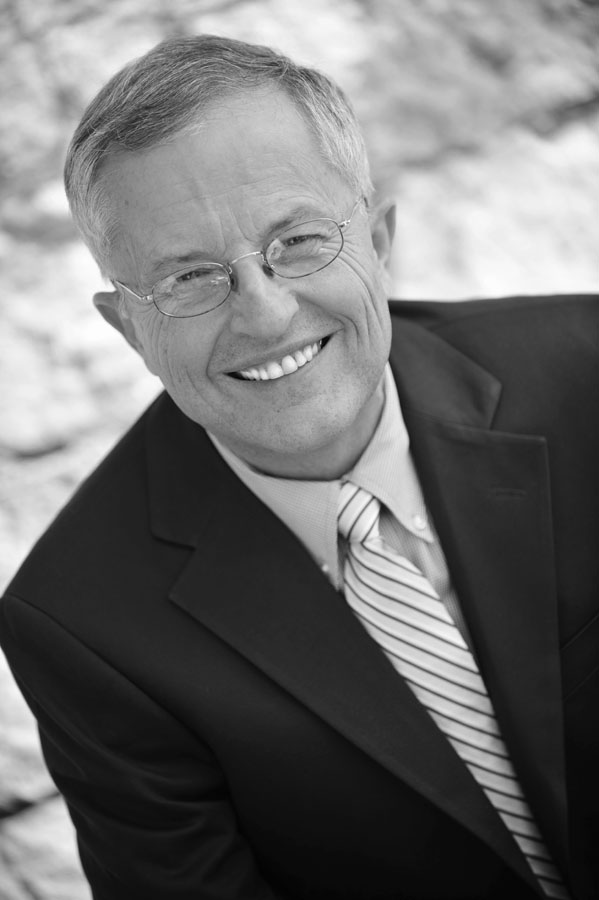As the presumptive Vice-Presidential nominee of the Republican Party, Alaska Governor Sarah Palin, who was baptized a Roman Catholic but now attends Assemblies of God churches, will illustrate how much the nation's largest Protestant denomination, the Southern Baptist Convention, has changed over the past 50 years.
Forty-eight years ago when the Democratic Party nominated John Fitzgerald Kennedy for President of the United States, Southern Baptist pastors and leaders recoiled at the nominee because of his Roman Catholic background. Ignoring Kennedy's impressive credentials and bright mind, the Baptists argued forcefully in sermons, church newsletters and every forum they could find that the election of Kennedy would de facto turn the country over to the pope in Rome.
Weeks before the election Kennedy recognized the seriousness of the situation and met with key Baptist pastors and leaders on the second floor of the Rice Hotel in downtown Houston. There he pledged his loyalty and fidelity to the American concept of the separation of church and state. After that the Baptists and their cohorts in other denominations calmed down and stopped fighting against him. (Many actually even voted for him!)
During that same time period, Southern Baptists pastors and leaders declined to interact with Assemblies of God pastors and churches, because they rejected their neo-Pentecostal theology. SBC churches or pastors in that day that leaned Pentecostal soon found themselves ostracized or even evicted from the SBC fold.
Nearly a half-century later, much has changed in the country and among Southern Baptists.
For one thing, in 1960 when the brouhaha over Kennedy's Catholicism occurred, Southern Baptist pastors and leaders mostly were affiliated with the Democratic Party. Southern Baptists' disaffection for Kennedy threatened a serious schism in that party.
Today, a significant majority of Southern Baptists and Evangelicals register as Republicans. That means they will be mostly loyal to their party's nominee, John McCain, even when they have some reservations about him.
Beyond party affiliation, however, another factor will trump many things in this election. Back when Southern Baptists fought against Kennedy, they and the Democractic Party were not at odds over one of the major social issues of our day—abortion. Until the early 1980s, Southern Baptists were mostly either benign toward or mildly supportive of abortion. The key escape-hatch phrase for the Southern Baptists back then was "abortion for the mental health of the mother". The Democratic Party then as well as now was comfortable with a pro-abortion stance. It became even more so after the Roe v Wade decision in 1973.
Today, Southern Baptists, Roman Catholics, and Assemblies of God are more united in their opposition to abortion than they are divided on many theological points.
Sarah Palin's strong pro-life stand—including her living personal testimony in favor of it—no doubt will grab the attention of a large majority of Southern Baptists as well as other Evangelicals. It will override any concern they might otherwise have about her Roman Catholic roots and her current Assemblies of God affiliation.
Many Evangelicals already have expressed dismay at John McCain's lukewarm opposition to abortion, while they express horror at Barack Obama's wholehearted support of it. Illustrating this attitude, the SBC's Richard Land recently likened McCain to a "third-rate fireman" and Obama to a "first-rate arsonist". Land left no doubt about his concern about both candidates' positions on abortion, but his comments also left no doubt McCain would get the nod—though a weak one—over Obama.
Some Southern Baptists even have considered boycotting the election altogether because of McCain's tepid approach to the pro-life movement.
Now enters Sarah Palin, the pro-life Roman Catholic-turned Assemblies and relatively unknown governor of Alaska. While Obama-oriented political writers at CNN, Yahoo and other media outlets roast McCain for choosing a relatively inexperienced Vice-Presidential running mate, they completely fail to note how much support Palin instantly will draw for her pro-life stand. Many voters will prefer a candidate with the right (and very strong!) stand on pro-life to a candidate with a tepid approach to pro-life issues but with many years in political life in Washington!
When Kennedy was running in 1960, many political commentators ignored and even laughed at those Southern Baptists preachers who were up in arms over Kennedy's Catholicism. Kennedy didn't laugh. He took the matter seriously. Had he not done so, he probably wouldn't have occupied the Oval Office, given his tiny margin of victory in the general election.
Today, some news commentators are laughing at Palin's limited credentials (ignoring, of course, how even Hillary Clinton not long ago poked fun at Obama's lack of experience, too). On election day, those same commentators may find that in Sarah Palin's nomination McCain pulled off a John F. Kennedy-like move that won him the election.
Time will tell.





